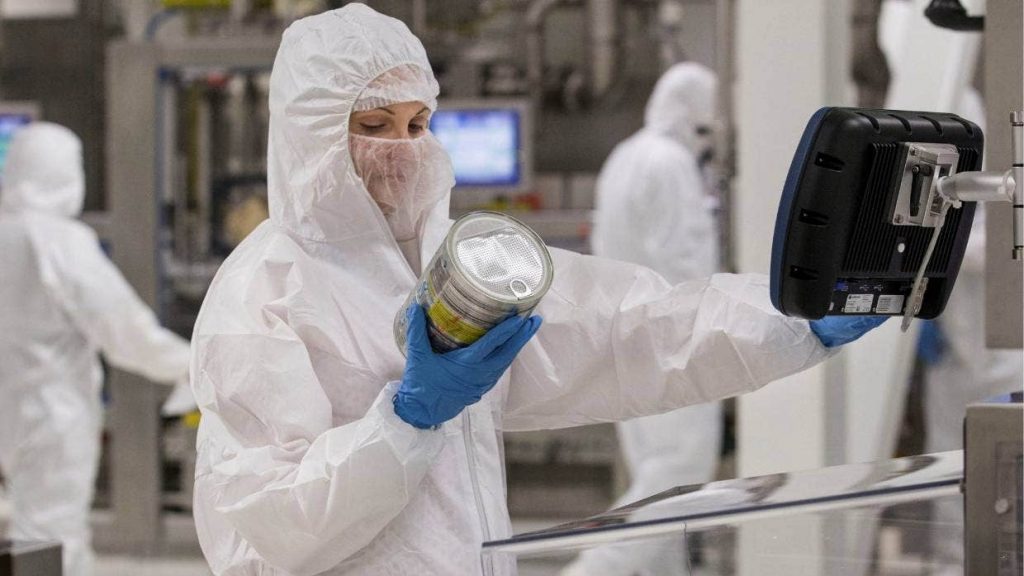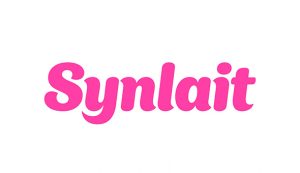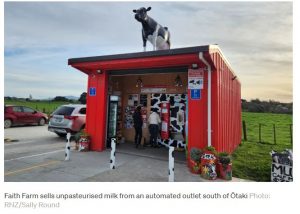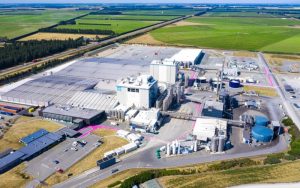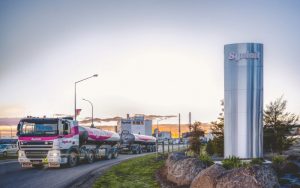
Profit slumped to $6.4 million in the six months ended January 31, from $26.2m last year. Sales rose 19 per cent to $664.2m.
The Canterbury-based dairy manufacturer has invested $555m over the past three years in new plant and acquisitions to set the ground for future growth and diversify its business away from a2 Milk, which typically accounts for 40 to 50 per cent of its gross profit. In the first half, sales of the high-margin consumer-packaged infant formula it supplies to a2 Milk fell 16 per cent to 18,085 tonnes, denting profit.
“Our first half was challenging, and we continue to find ourselves in a period of significant uncertainty and volatility,” said chairman Graeme Milne.
“This is impacting our short-term operations and will impact our full year 2021 financial result.”
Synlait expects a “broadly breakeven” full-year profit, he said. Last year, it posted a full-year profit of $75.2m.
A2 Milk, which specialises in marketing dairy products with the A2 protein, has suffered a drop in demand during Covid-19 as border closures meant fewer tourists and international students were shipping its products back to China, known as the daigou or cross-border e-commerce trade.
That’s left a2 Milk with higher inventory, which it is selling down before it taps Synlait for more product.
Synlait is also facing higher costs, after announcing in late January that it was raising the base milk price it pays farmers to $7.20 per kilogram of milk solids from $6.40 per kg, following a rise in global prices.
The company’s net debt fell to $485.1m from $527m six months earlier. While it met all banking covenant ratios in the half, Synlait has “proactively engaged with its banking syndicate” to increase its leverage ratios to manage any risk heading in to the end of its financial year, Milne said.
“It’s a perfect storm for them,” said Brad Gordon, an investment adviser at Hobson Wealth Partners. “They have just come through a significant investment period, their cost of inputs, milk prices, are high, and their biggest customer a2 is going through a destocking process and therefore volumes are down.
“All three factors are weighing on that stock and I think there’s probably some concerns around debt levels coming to the fore given they are at the end of that investment cycle.”
Shares in Synlait dropped 5.9 per cent to a three-year low of $3.34, and have shed 42 per cent over the past year.
Synlait hasn’t yet paid a dividend. Since listing on the NZX in July 2013, the company has been forgoing dividend payments and using its cash to invest for future growth, and has said it will need stable earnings streams before considering starting dividend payments.
